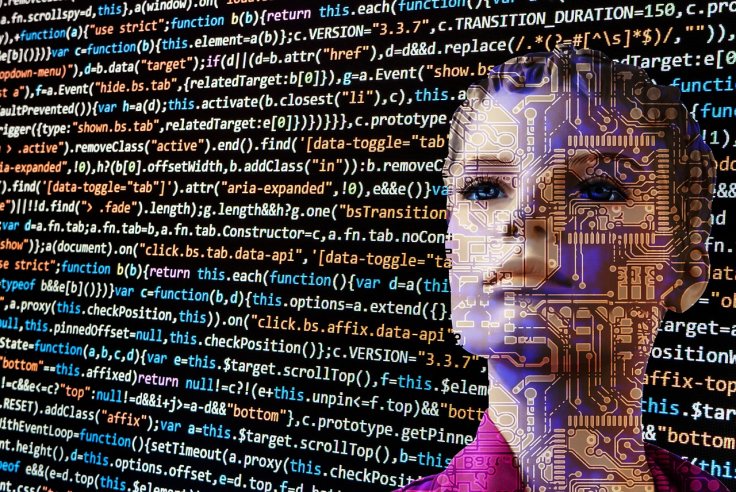
Will we ever be able to determine the answers to the origin of life using quantum mechanics? And if this is possible, then can there also be an encoded life using quantum algorithms.
We're somewhat closer to discovering the responses to those significant inquiries on account of new research done with an IBM supercomputer.
Encoding practices identified with self-replication, transformation, communication among individuals, a newly created quantum programme has been used to demonstrate that quantum PCs can mirror a portion of the real-world biology.
This is as yet an early concept, but it opens the way to plunging further into the relationship between quantum mechanics and the starting points of life.
Similar standards administering quantum material science may even have a role in shaping our genetic code.
Creating artificial life inside PCs has been the subject of numerous past experiments, but current software takes a classical, Newtonian methodology in delivering these models – well ordered, with sharp movements.
As it were, the sims are not constrained to 1s and 0s but can present a portion of the randomness we see in regular day to day existence. That guarantees to open up a radical new field prepared to be investigated.
"The goal of the proposed model is to reproduce the characteristic processes of Darwinian evolution, adapted to the language of quantum algorithms and quantum computing," the researchers from the University of the Basque Country in Spain said.
With the use of the IBM QX4 quantum PC, the researchers coded units of quantum life made up of two qubits (the building squares of quantum material science): one to speak to the genotype (the hereditary code ) and one to speak to the phenotype (the outward manifestation or the "body").
These units were then customised to recreate, change, advance and die as a living being would. Random changes were presented employing turns of the quantum state to recreate mutation.
Fortunately, these real quantum computations were similar to the models the group had come up within the year 2015.
We're as yet far from understanding the most profound questions concerning life and the Universe, and from creating artificial life inside a quantum PC – but this shows it may be conceivable.
"We leave open the question whether the origin of life is genuinely quantum mechanical," explain the researchers.
"What we prove here is that microscopic quantum systems can efficiently encode quantum features and biological behaviours, usually associated with living systems and natural selection."
The research has been published in the journal Scientific Reports.









